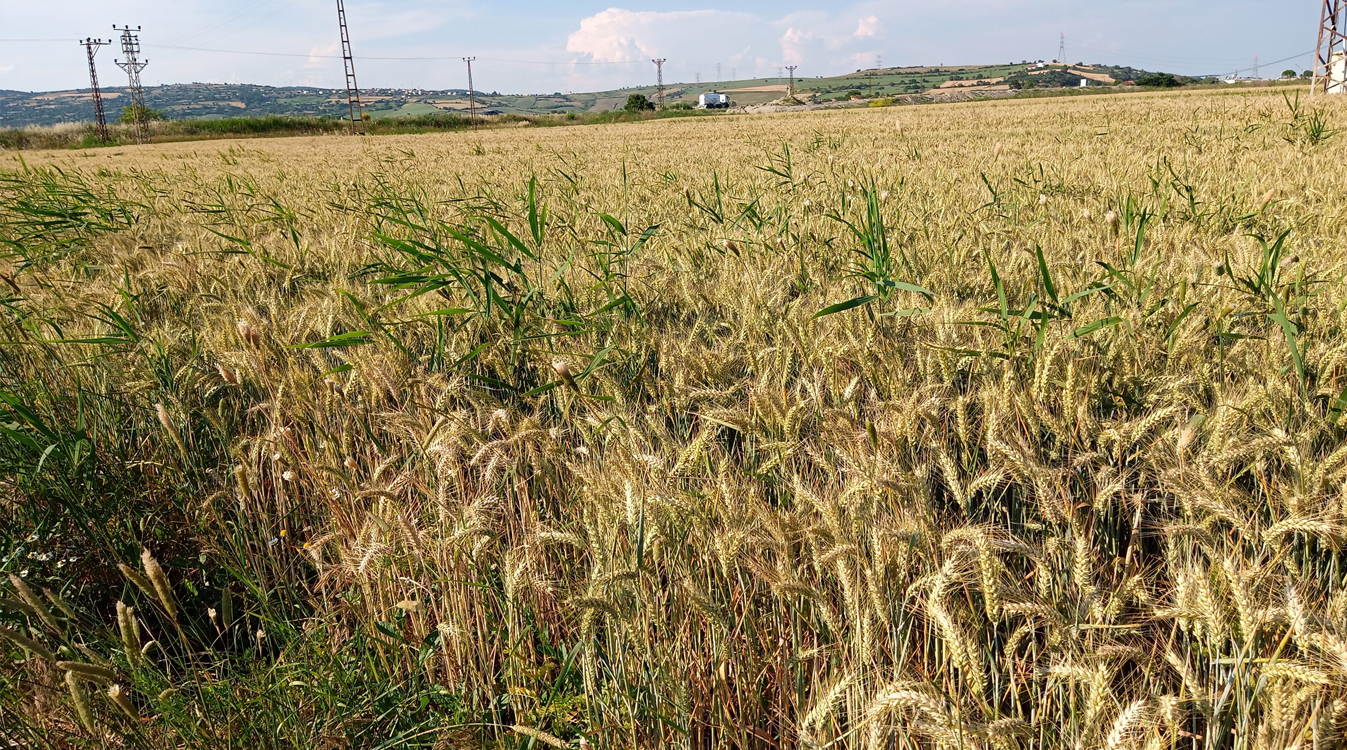A groundbreaking study by University of Adelaide researchers has revealed that fungus-fortified bread wheat can significantly enhance the bioavailability of zinc and iron—essential micronutrients often lacking in human diets—without compromising crop yield or phosphorus fertiliser use.
“Our research shows inoculating agricultural soils with mycorrhizal fungi could be a promising strategy for producing wheat grain with higher micronutrient bioavailability,” said Thi Diem Nguyen, PhD student and lead author of the study.
The research, published in Plants, People, Planet, involved inoculating soils with arbuscular mycorrhizal fungi, a beneficial fungus widely used in sustainable agriculture. When applied to eight common Australian bread wheat varieties, the fungi helped plants absorb more nutrients and produce more grain, while enhancing the nutritional quality of the harvest.
Unlike some nutrient-enhancing strategies that inadvertently increase levels of phytic acid—an anti-nutrient that blocks zinc and iron absorption—this fungal treatment either maintained or reduced grain phytate content, especially under high phosphorus conditions. This led to greater bioavailability of zinc and iron, which are crucial for healthy immune function, cognitive development, and maternal and child health.
“Zinc deficiencies affect approximately 30 percent of the global population, and 60 per cent experience iron deficiencies, with sometimes dire health consequences,” added project leader Dr Stephanie Watts-Fawkes.
Zinc is essential for growth and development, especially in children and pregnant women, while iron deficiency, the leading cause of anaemia, is linked to fatigue, immune dysfunction, and higher maternal and infant mortality.
With bread wheat being the second most consumed food crop globally, contributing up to 17% of the daily intake of zinc and iron, this innovation holds massive potential in combating global micronutrient deficiencies—especially in low- and middle-income countries where wheat is a dietary staple.
Importantly, the study also found no yield penalties when the fungal treatment was used alongside conventional phosphorus fertilisers, making it a practical, sustainable solution for improving public health without changing existing agronomic practices.
This fungus-based approach could be a game-changer in biofortification strategies—improving human nutrition directly through what we grow and eat.





